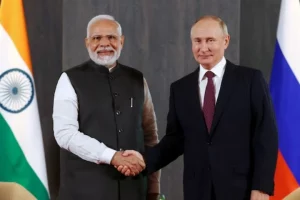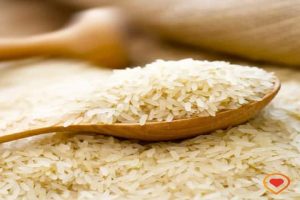As India’s fuel demand is expected to rise substantially fuelled by a healthy pickup in economic activities, New Delhi is set to further increase oil imports from Moscow notwithstanding the price cap imposed by the G7 countries on Russian crude oil. Since the Russia-Ukraine war, India has been sourcing Russian oil at discounted prices. But analysts said that the price discount for India may continue even after the war.
India’s imports of Russian oil have been increasing steadily in the last one year, touching a record high of 1.6 million barrels per day (bpd) in February, up from 1.4 bpd in January.
About 35 per cent of India’s total oil requirements are now being sourced from Russia. It was less than 1 per cent before the Russia-Ukraine war.
“For Moscow the main advantage is clear, India is seen as not only a major upcoming hydrocarbon market but also fulfills a major geopolitical interest,” Oilrpice.com said.
Meanwhile, state controlled oil producer Rosneft, the largest in Russia and Indian Oil Corporation have signed an agreement to increase crude supplies while diversifying oil grades delivered to New Delhi.
The agreement was signed during Rosneft CEO Igor Sechin’s recent India visit.
The two oil majors also deliberated on ways to expand cooperation to strengthen the value chain in the energy sector.
Union Petroleum and Natural Gas Minister Hardeep Singh Puri earlier said that India which was buying crude from 29 countries prior to the war is now sourcing oil from 39 countries. “We are ready to buy from anywhere,” he said.
However, sources said that the two countries need to expedite the rupee-ruble payment mechanism for seamless bilateral trade.
“With bilateral trade increasing between the two countries, the payment mechanism has to be resolved..while policymakers have been working on it, it is yet to take off. We need to act fast,” an analyst with an industry body told India Narrative.
Last month, Russian ambassador Denis Alipov said that Indian banks have been cautious in dealing in a rupee-ruble payment system due to fear of “secondary restrictions” from the US.
“The vostro accounts have been opened. The mechanism of rupee-ruble trade has been established. It is now a matter for the banks to use it,” Alipov said, adding that the banks have been playing safe amid the sanctions. “It will take some more time for the knowledge that it is not at all detrimental for the Indian banking system to sink [in]. We are going to see an absolutely positive and expansion of the usage of this mechanism,” he said.
Also read: RBI sees need for ‘oil-proofing’ economy amid global shocks
India aims to step up domestic crude oil output to cut imports



















